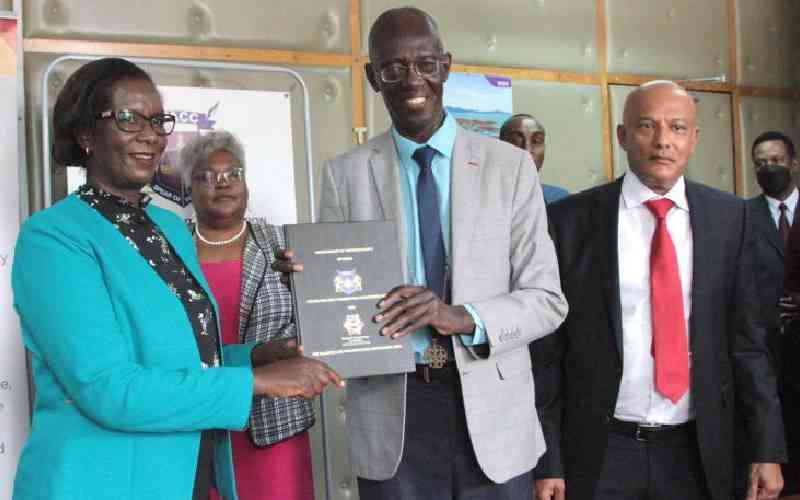×
The Standard e-Paper
Home To Bold Columnists

Whenever you bring up the issue of academic qualifications for political office holders in Kenya, or Chapter Six of the Constitution or any other qualifications, politicians, activists and enthusiasts come out guns blazing.
Some of the political office holders and hopefuls even go to the extent of contravening Section 349 of the Penal Code to have themselves constitutionally compliant, just in case the law refuses to be a servant of idiosyncratic political interests.